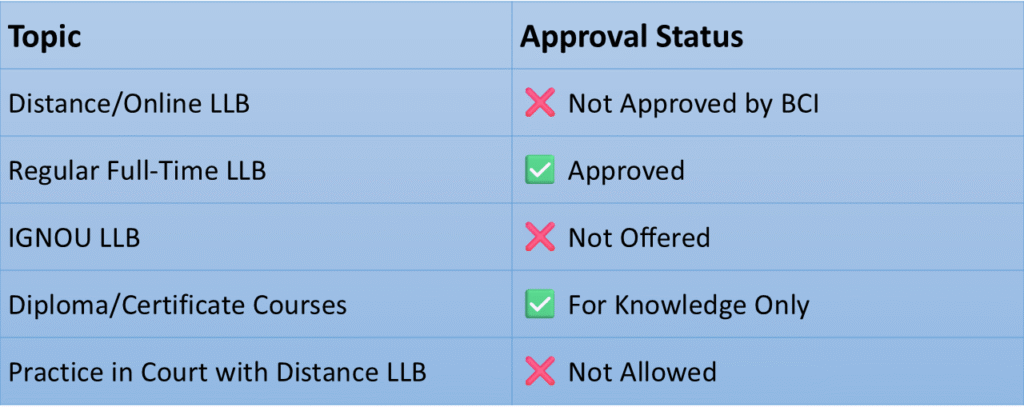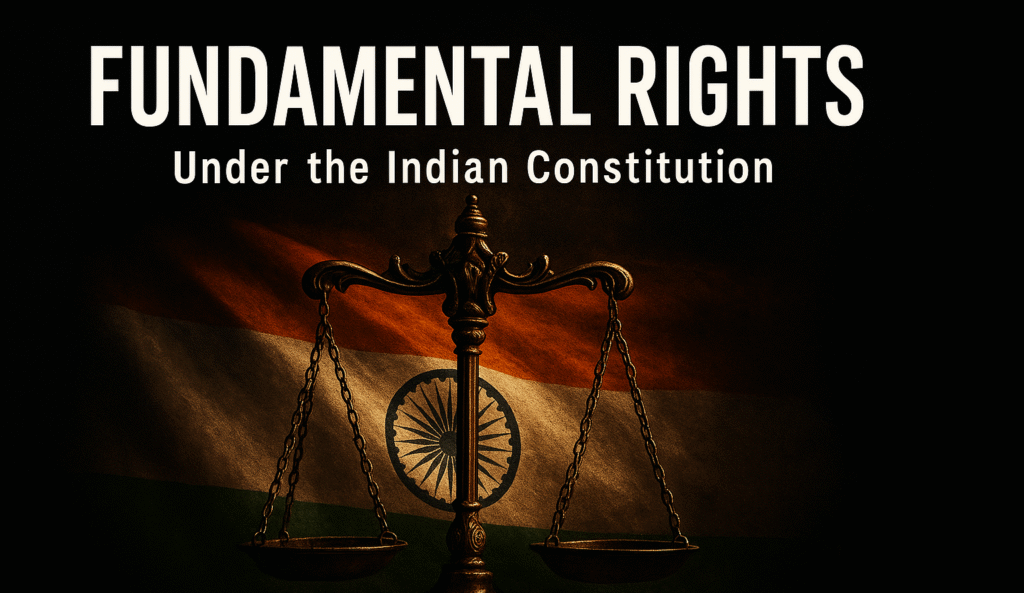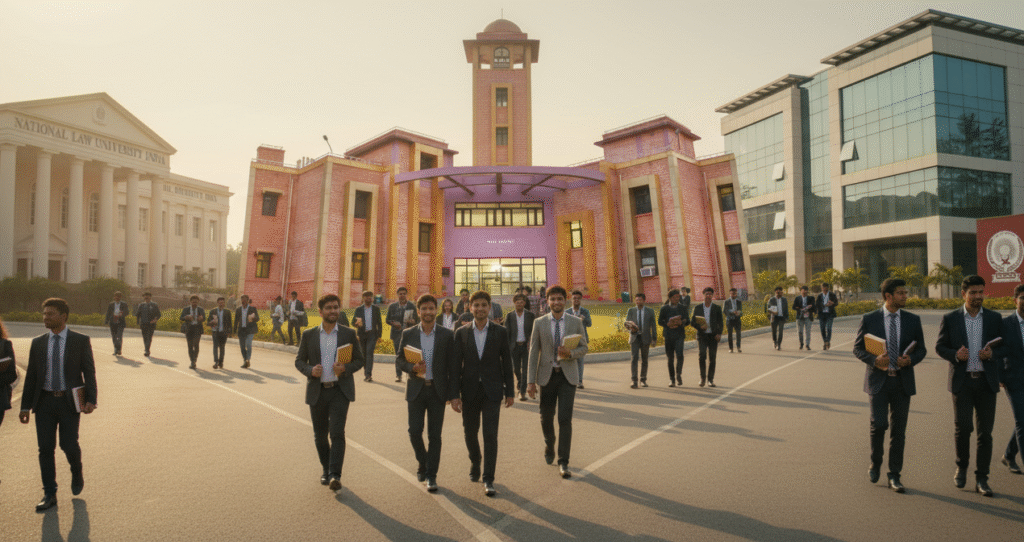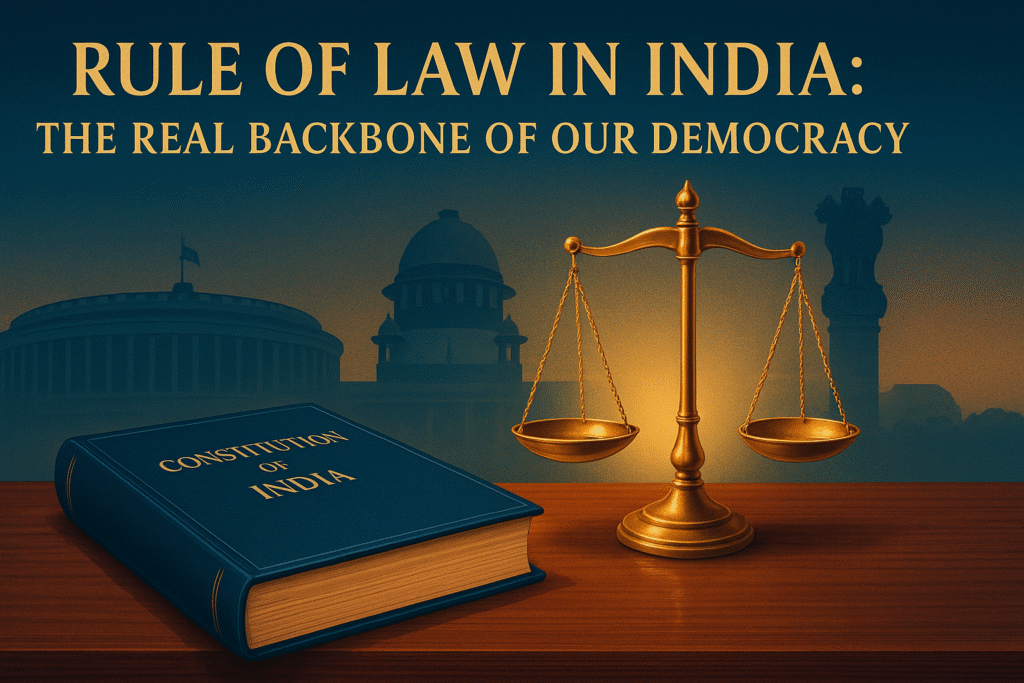The demand for distance education in India has grown rapidly, especially among working professionals who wish to pursue higher studies without quitting their jobs. Many aspirants looking to enter the legal field wonder whether it’s possible to complete an LLB through distance education.
However, before you enroll in any such program, it’s crucial to understand one thing clearly — the Bar Council of India (BCI) does not approve any distance or online LLB degree.
In this article, we’ll break down the complete truth about LLB distance education, the Bar Council’s stance, valid alternatives, and how to pursue a legally recognized law degree in India.
Understanding What LLB Actually Is:
The LLB (Bachelor of Laws) is not just an academic qualification — it’s a professional degree that allows you to become a lawyer or advocate in India. The course focuses on:
- Legal principles and constitutional law
- Procedural laws (civil, criminal, and administrative)
- Practical legal training, including moot courts, internships, and client counseling
These practical elements form the foundation of the legal profession — and that’s exactly why the Bar Council insists on full-time attendance and in-person learning.
LLB Courses Available in India
There are two main types of LLB programs in India recognized by the Bar Council of India (BCI):
3-Year LLB Course
Eligibility: Graduation in any stream
Duration: 3 years
Structure: Full-time classroom course
5-Year Integrated LLB Course
Eligibility: After completing 12th standard
Duration: 5 years
Combines a bachelor’s degree (like BA, BBA, or B.Com) with LLB
Both of these are regular, in-person courses offered only by Bar Council–approved institutions.
Is LLB Distance Education Approved by the Bar Council of India?
The Bar Council of India (BCI) is the statutory body that regulates legal education and professional conduct in India. According to its Legal Education Rules, 2008, all recognized LLB programs must include:
- Regular classroom sessions
- Moot court exercises
- Practical training and internships
- Minimum attendance of 70% in each subject
Therefore, the Bar Council does not recognize any distance or online LLB program — because law cannot be taught effectively through virtual or correspondence modes.
In simple words:
No LLB degree obtained through distance learning or online education is valid for practicing law in India.
The Common Misunderstanding About Distance LLB
Many students get confused when they see ads or websites claiming:
“Study LLB from Home — UGC Approved!”
“Earn a Law Degree Online and Practice in Court!”
Here’s the truth:
While the University Grants Commission (UGC) recognizes some distance education programs, its approval does not override the rules set by professional bodies like the Bar Council of India.
So, even if a university is UGC-approved, that does not make its distance LLB valid for practice.
What About IGNOU? Does IGNOU Offer LLB Distance Education?
This is one of the most common questions students ask.
The answer is No — IGNOU (Indira Gandhi National Open University) does not offer an LLB degree through distance or online mode.
However, IGNOU does provide diploma and certificate programs in law-related subjects such as:
- Cyber Law
- Human Rights
- Intellectual Property Rights
- Consumer Protection
These programs are suitable for academic interest or career enhancement, but not for becoming a practicing lawyer.
Why Distance LLB Is Not Valid for Practicing Law?
Law is a practical profession, not just a theoretical subject. Students are required to:
- Attend live court proceedings
- Participate in legal aid camps
- Engage in moot court competitions
- Draft petitions, affidavits, and legal documents
These essential experiences cannot be replaced by online lectures or correspondence notes.
That’s why the Bar Council strictly mandates that legal education must be conducted in person under qualified supervision.
Valid Alternatives to Distance LLB
If you are genuinely interested in legal studies but cannot attend regular college, there are still some good alternatives:
1. Diploma in Law (Distance Mode)
- Duration: 6–12 months
- Offered by: IGNOU, Symbiosis Centre for Distance Learning, and others
- Topics include Business Law, Labour Law, or Cyber Law
2. Certificate Courses in Legal Studies
- Duration: 3–6 months
- Focused on specialized topics such as Intellectual Property Rights, Corporate Law, etc.
3. Distance LLM (Master of Laws)
- Some universities offer LLM through distance learning for academic purposes.
- It is valid for academic advancement but not for professional legal practice.
These programs are ideal for professionals, business owners, or students who want legal knowledge for their careers — but they do not authorize courtroom practice.
How to Become a Lawyer Legally in India?
If your goal is to practice as an advocate, follow these steps:
Step 1: Complete a Regular Law Degree
Choose between:
- A 5-year integrated LLB (after 12th), or
- A 3-year LLB (after graduation)
Step 2: Study at a BCI-Approved College
Always verify that your college or university is approved by the Bar Council of India. You can check the list here:
Step 3: Register with the State Bar Council
After earning your degree, enroll with your State Bar Council.
Step 4: Pass the All India Bar Examination (AIBE)
The AIBE is a mandatory test conducted by BCI. After passing it, you receive a Certificate of Practice, which officially allows you to appear in court.
How to Verify a College’s Approval?
Before enrolling, always ensure your chosen law college is recognized by the Bar Council of India:
- Visit the BCI official website
- Open the section “Approved Law Colleges in India”
- Check your state and institution name
If the college is not listed, it is not recognized for law practice — even if it offers LLB in distance mode.
Beware of Fake Distance LLB Programs:
There are several unauthorized institutions in India (and abroad) that falsely advertise online or correspondence LLB programs claiming Bar Council approval.
 These programs are not valid.
These programs are not valid.
Students who complete such courses are often unable to register with any Bar Council or practice law in India.
Signs of a Fake Program:
- Promises “Bar Council Approved Online LLB”
- Uses misleading phrases like “Practice-Oriented Online Law Course”
- Lacks official BCI registration number
- Operates mainly through ads or WhatsApp promotions
Always research carefully before making any payment or enrollment.
The Future of Legal Education in India:
With technology transforming the education sector, the Bar Council of India has shown interest in exploring blended (hybrid) learning methods.
However, until new policies are officially implemented, distance or online LLB degrees remain unapproved for professional practice.
In the future, we may see partially online legal programs that include physical internships and court training, but as of now, only full-time, on-campus LLB courses are valid in India.
Quick Summary:

Frequently Asked Questions (FAQs):
1. Is it possible to do LLB through distance education in India?
No. The Bar Council of India does not recognize LLB programs offered through distance or online mode. Such degrees cannot be used to practice law.
2. Is LLB distance education approved by the Bar Council of India?
No. The BCI clearly states that legal education must be full-time and classroom-based. Distance or correspondence LLB programs are not valid.
3. Does IGNOU offer an LLB program?
No. IGNOU offers only diploma and certificate programs in legal studies, such as Human Rights, Cyber Law, and Intellectual Property Rights — not LLB.
4. Which universities are approved for regular LLB in India?
Some of the top BCI-approved universities include:
National Law Universities (NLUs)
Delhi University Faculty of Law
Banaras Hindu University
Government Law College, Mumbai
Symbiosis Law School
5. Can I study law online for personal knowledge only?
Yes. You can pursue online diplomas or short-term certificate courses in law to gain knowledge. These are helpful for professionals and entrepreneurs but do not qualify you to practice law.
6. What if I already completed a distance LLB?
Unfortunately, that degree will not be valid for registration with the Bar Council or court practice. You may use it for academic or corporate purposes only.
Conclusion
The truth is simple and unambiguous —
The Bar Council of India does not approve LLB degrees through distance or online mode.
To become a lawyer or advocate in India, you must pursue a regular, full-time LLB program from a BCI-approved institution.
Don’t fall prey to misleading advertisements or unauthorized universities. Instead, invest in authentic legal education that builds real skills and qualifies you to practice with integrity.






